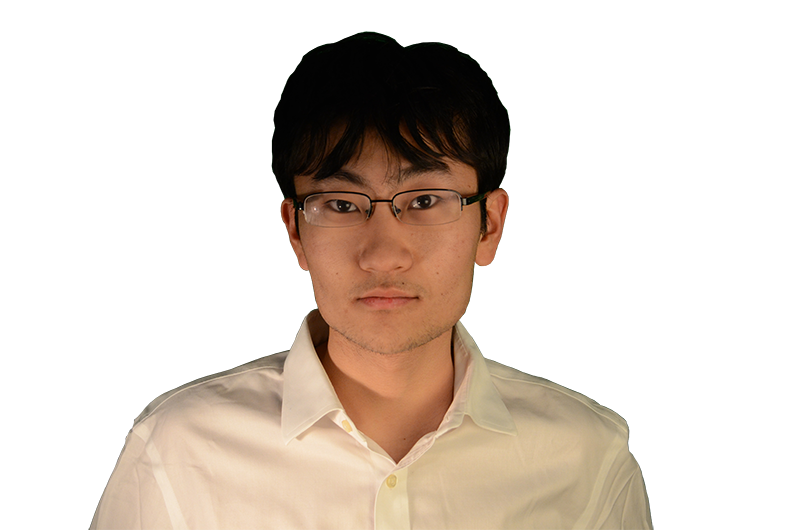Cui: Why I try to be an economist
May 27, 2014
I arrived at Northwestern wanting to go to graduate school in economics. It is helpful to unpack how weird a desire that is. Economics may be the most popular major at NU, but to our aspiring consultants and salespeople it is only a means to employment. Substantial discussion of economics is sparse among undergraduates; the Undergraduate Economics Society has a thousand-strong listserv readership, but mostly sends out news about networking panels. The result is that enough students attend NU for its prestigious economics program, but they have no idea what gives it prestige in the first place.
Our economics program, we can expect, has loftier goals than merely aiding students to find jobs. The goal in introductory economics courses is to show each student a way of seeing the world that is helpful and beneficial. But the idea of economics as a useful discipline is also weird. Economics does not produce blockbuster drugs nor technology that lifts mankind from a dismal future. Economists cannot even agree among themselves. Recall how people made fun of two of the three recipients of last year’s Nobel Prize in Economic Sciences: a theorist and an economist who lashed out at him.
Is this dispiriting to me? Of course – but it does not matter. The reason why I pursue economics is a moral one — and I do mean “economics” in the utility-optimizing manner taught in intro classes.
First we have to accept that economic analysis has great power. The assumption economics makes at its heart is “people consistently choose what they most want.” From there we can conceive an agent maximizing utility, which can be used to model the causes of social problems. This is a big assumption, and some question whether the “consistent” part is true. But the assumption is also humanizing; instead of dismissing people we disagree with as “idiots,” we trust that they follow the same principle we do when making sense of the world.
This trust is important. We want to hope for an idea of the good on which we can all agree. If there were not, we would be trapped in a cycle of blame and inaction. Activists blame leaders, who blame onlookers, who blame activists and so forth. The fear here is that we think we are solving problems through our criticism when we are only doing what we feel like or what we find the easiest.
Economic analysis is not the final word, but it provides reasons that do not implicate blame. The key is to understand what an economic equilibrium entails. Under this interpretation of the world, problems exist in our society never because some group deserves blame. Problems persist because everyone has reasons to maintain the status quo, since it serves her well. Then we can move toward a solution by offering incentives—in money, prestige or praise—to change those reasons. In response to the engineer this week who hacked the Morty’s Angels site, we should seize the moment and praise better, less murky ways that engineers have worked for extracurricular causes. Incentivizing the act encourages them, an underrepresented group, to remain working for what we think is right.
Even if groups agreed to take action to do good, there is the additional problem of maintenance. Take our campus as an example. We have made progress, though not reached a conclusion satisfactory to all, on issues of discrimination and mental health. Progress ought to be made further, but what reasons can we give to keep the pressure on a campus into the future? The students of tomorrow should not have to wait for another tragedy to revive the conversation.
This is where the idea of incentives is powerful: If our campus ensures people are sufficiently rewarded for continuing the conversation, we will never risk no one taking up the challenge and letting previous work wilt away. And solutions like these get at the heart of the problem. It is easy for a community to fall away from the good, but it is hard to climb back up. This concern is why I try to be an economist. The discipline does not deal out miracle cures but represents an effort to wholly convince everyone why we must climb the path to goodness.
Tom Cui is a Weinberg junior. He can be reached at [email protected]. If you would like to respond publicly to this column, send a letter to the editor to [email protected].


